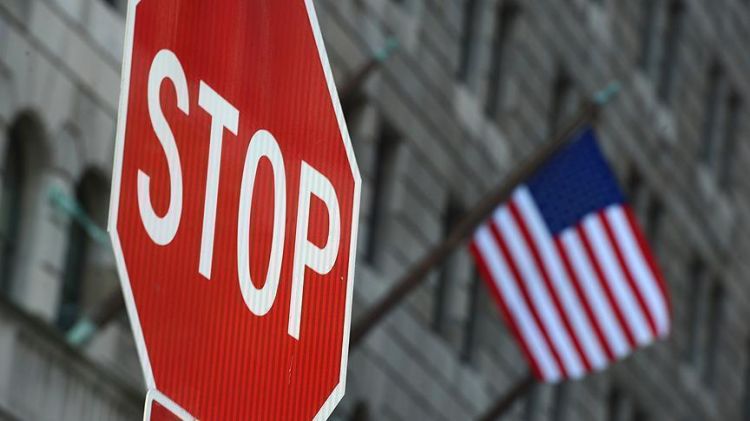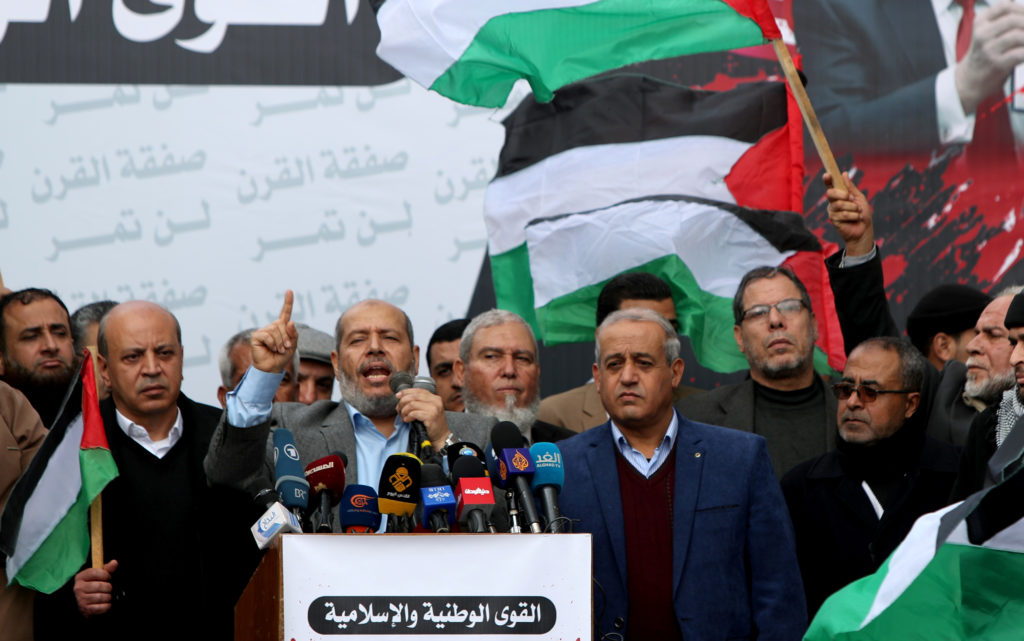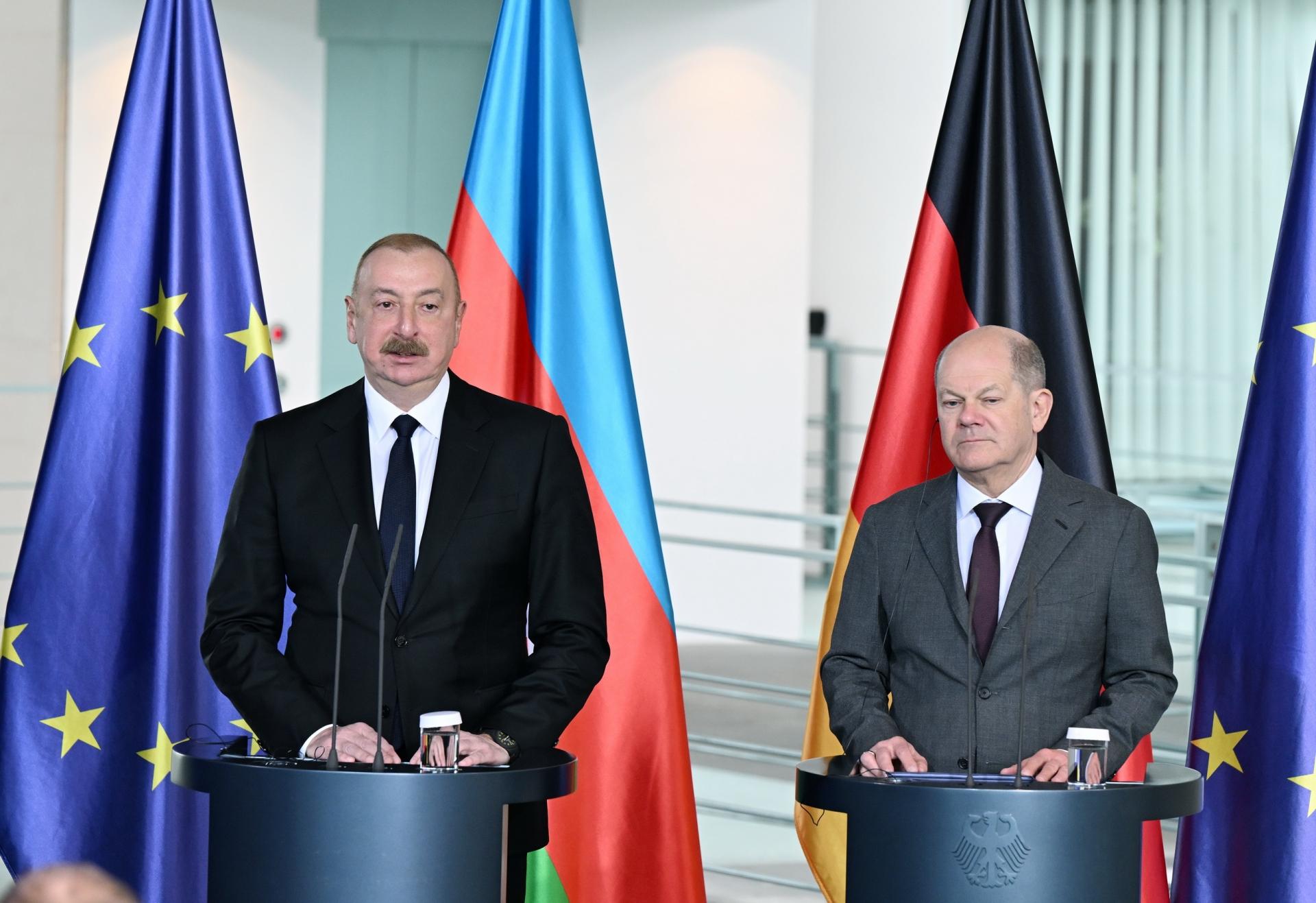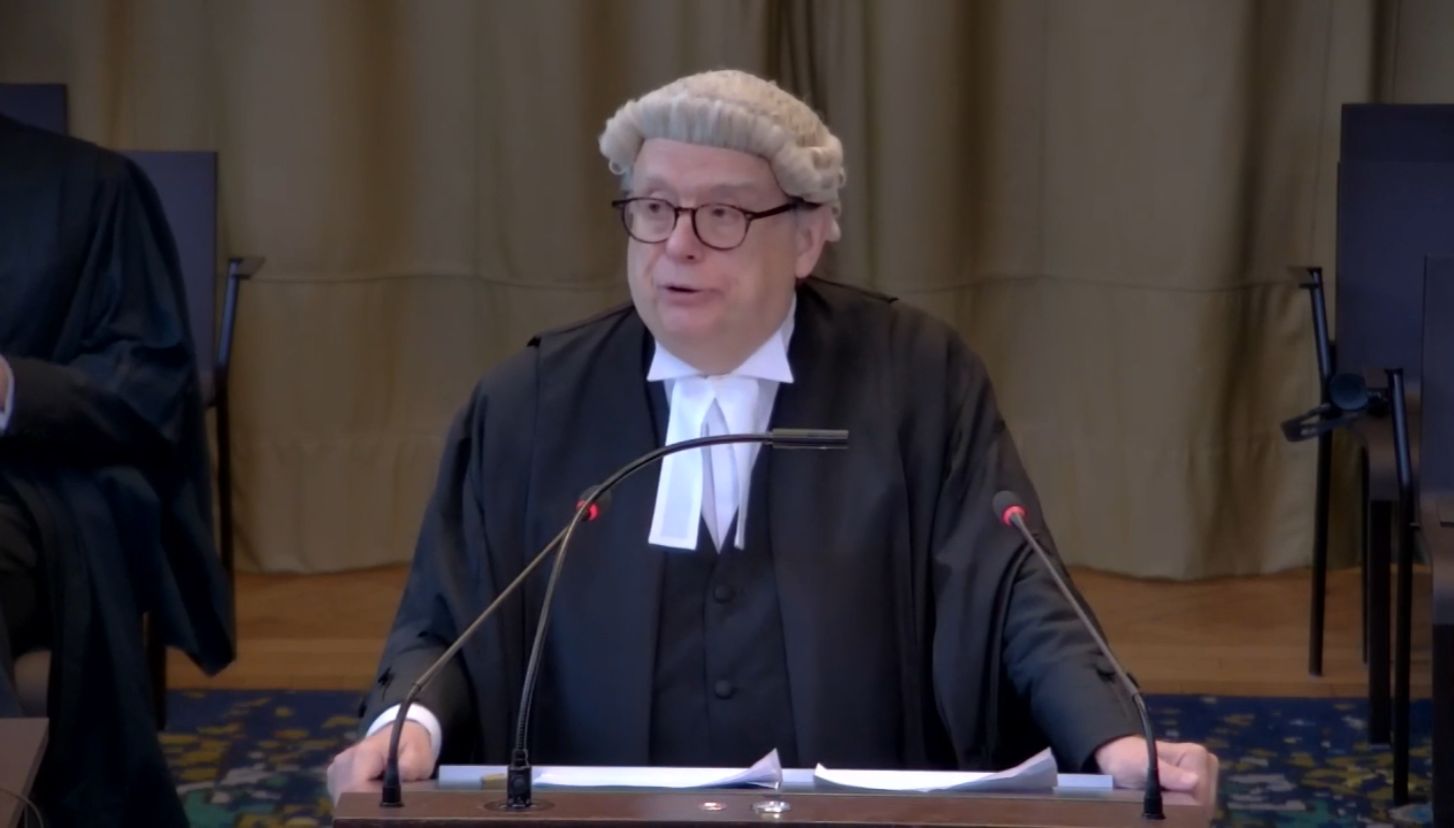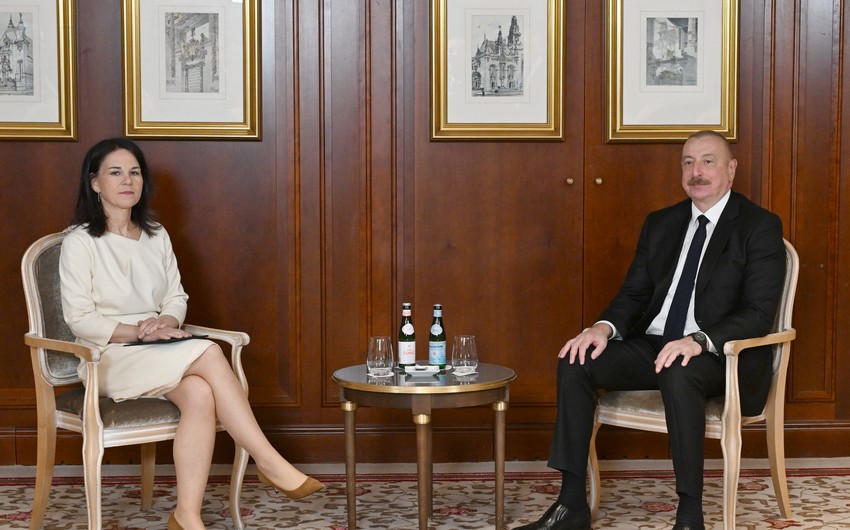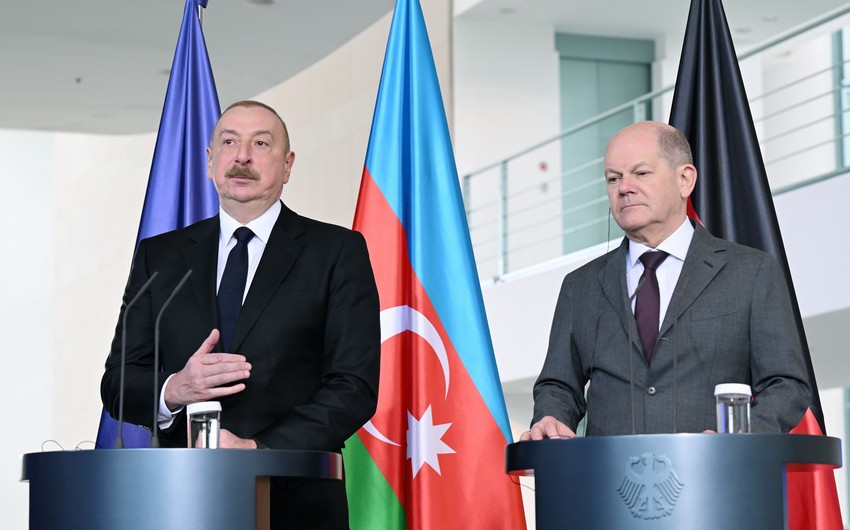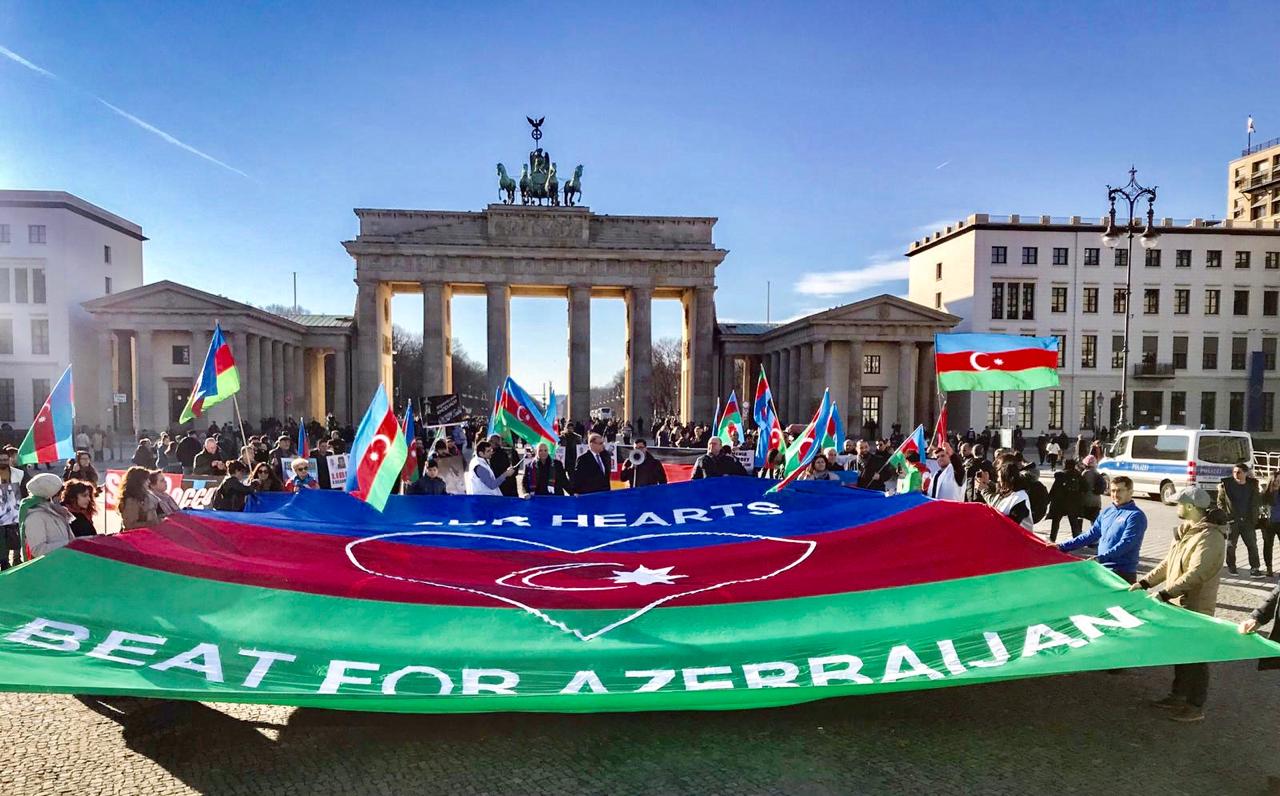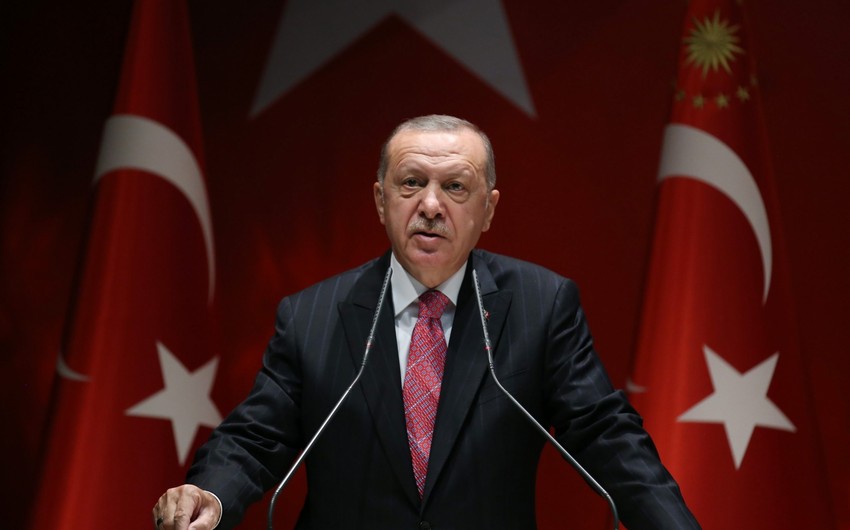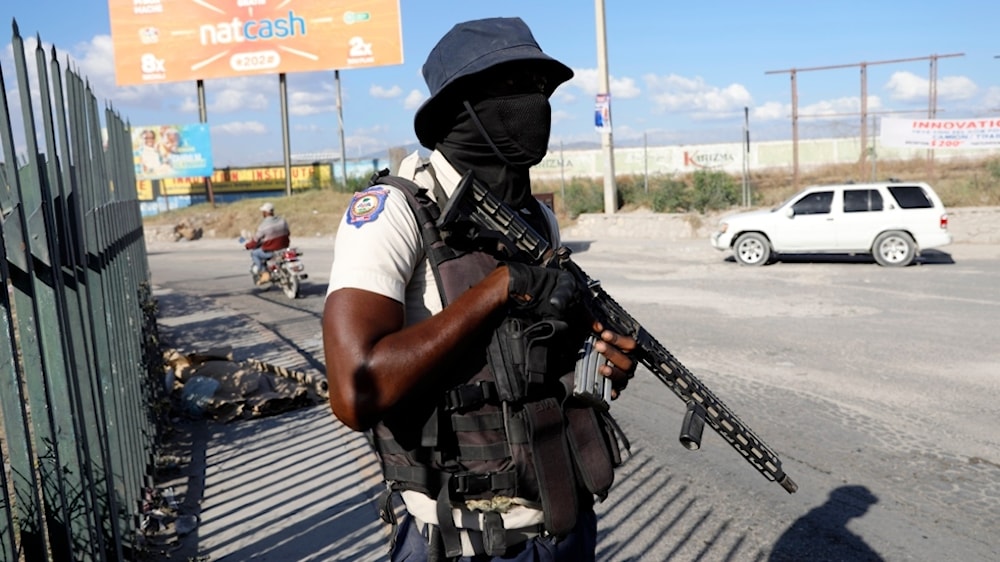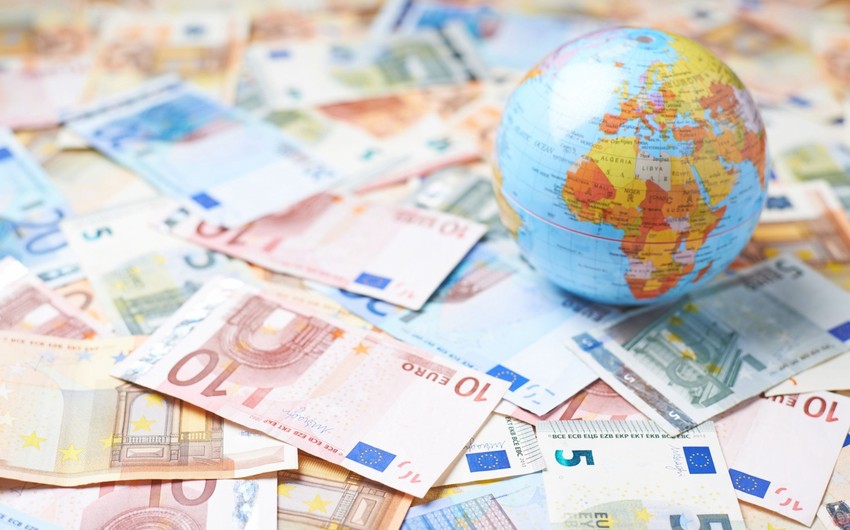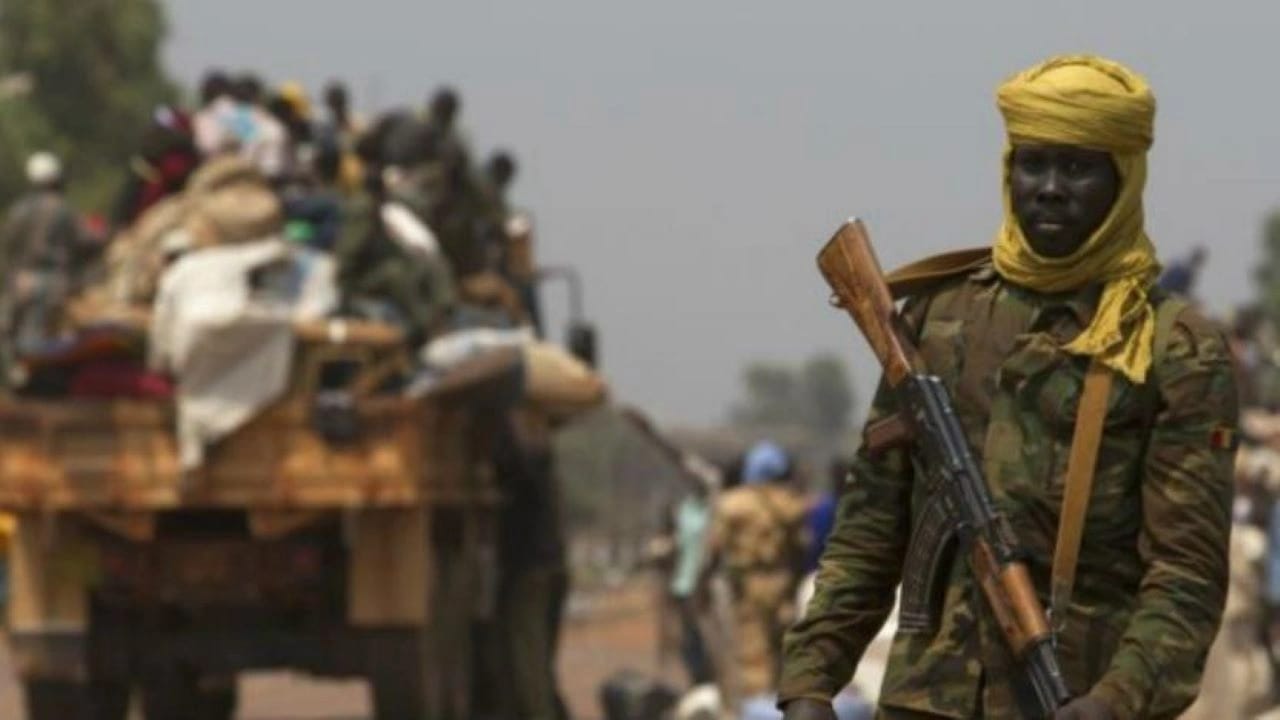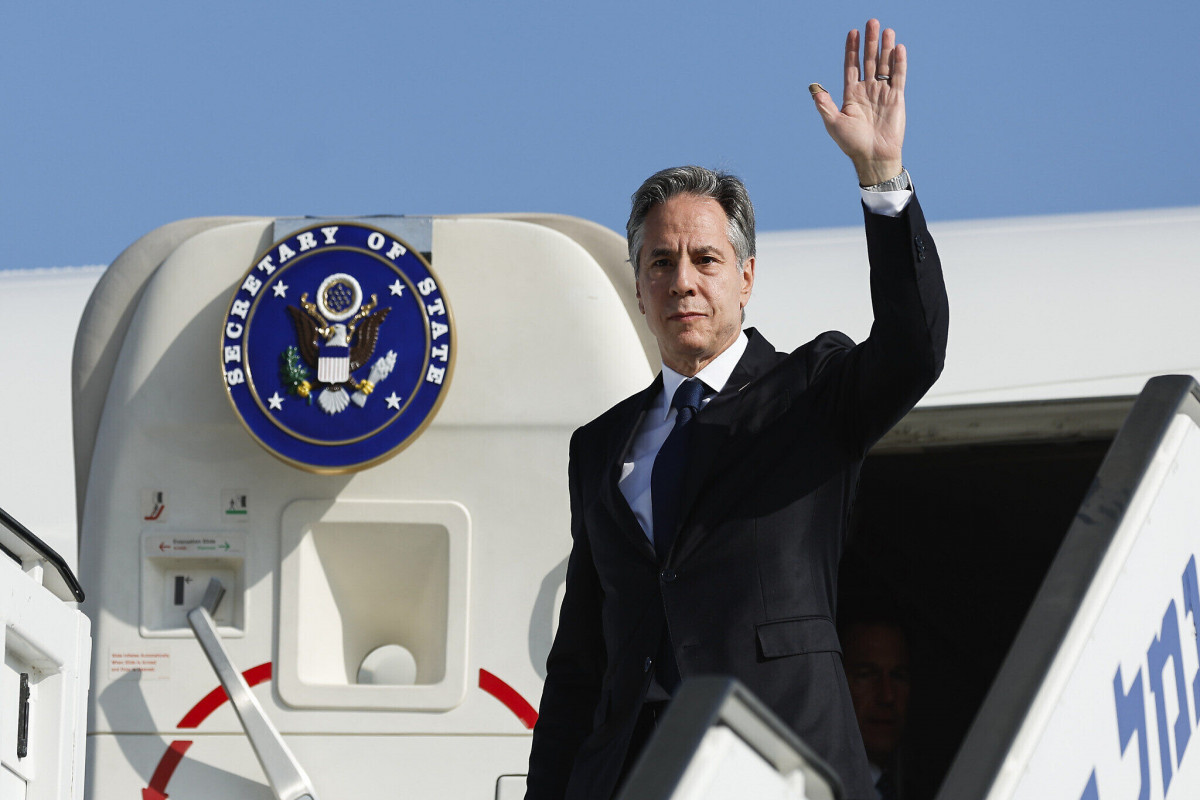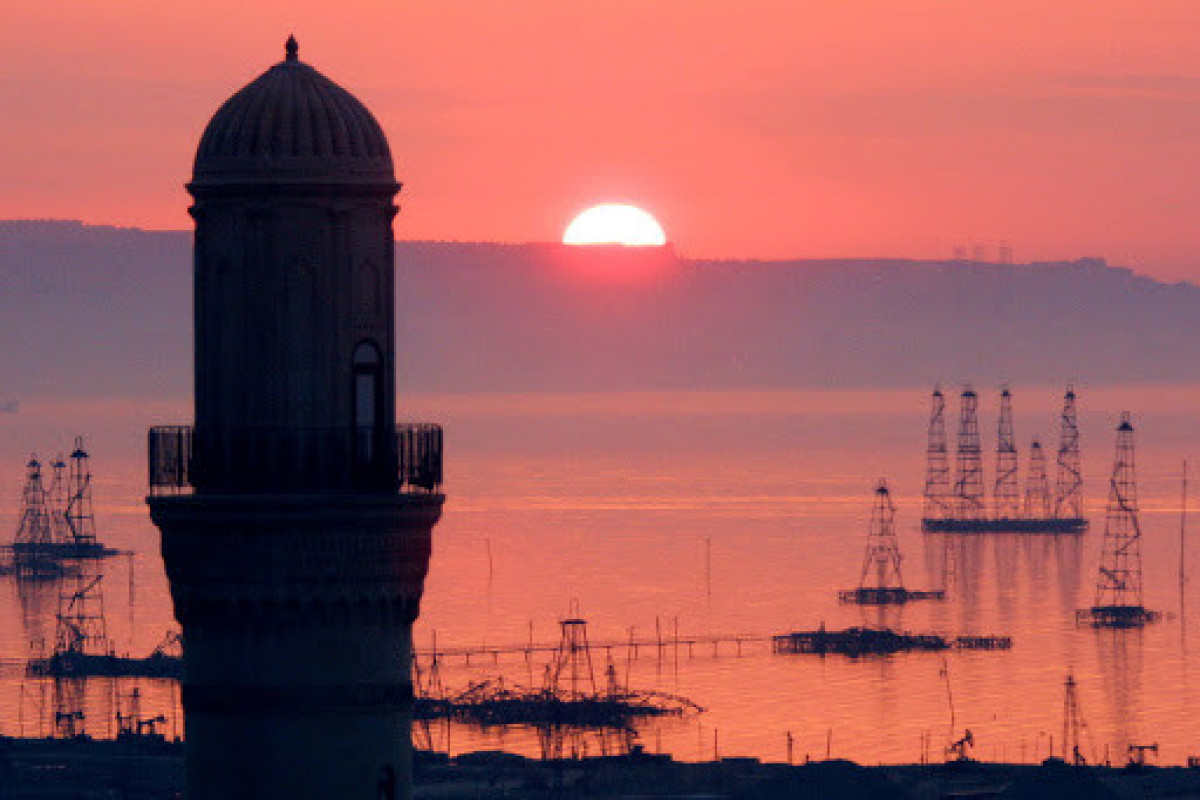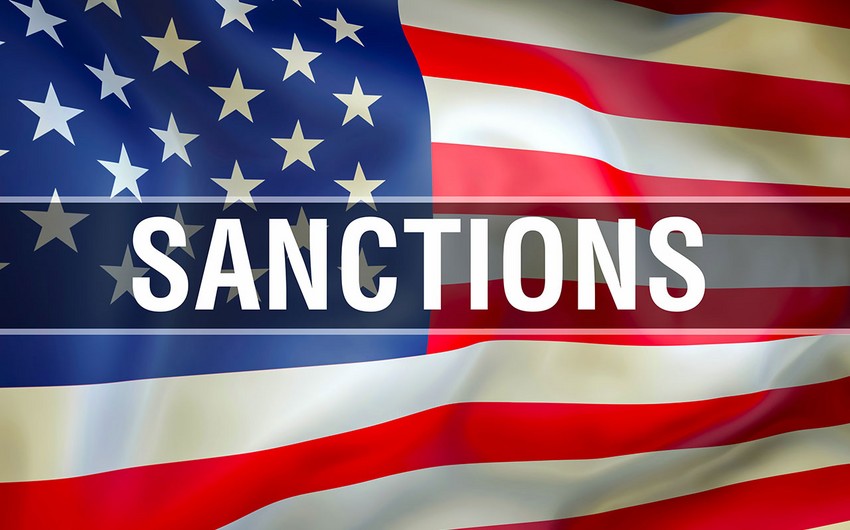On May 8, 2018, the U.S. withdrew from the Joint Comprehensive Plan of Action (JCPOA), which had been signed in 2015 between Iran and P5+1 group of world powers -- the U.S., the UK, France, China, Russia, and Germany. According to the pact, the Islamic Republic agreed to freeze its nuclear activities till 2031 in exchange of a partial removal of international sanctions imposed on this country over its nuclear programs.
Right from the very beginning, the JCPOA had its proponents and opponents. In the U.S. most of the Republicans were against the deal while the Democrats favored it. In Iran, the moderate-reformist forces would support it, but the hardliners, including the Guardian of the Islamic Revolution (GIR), had their reservations. Additionally, foreign-based Iranian opposition forces were against the deal. They believed that the JCPOA gave a new life to the Islamic Republic, which was, according to them, on the brink of collapse. To the long list of the enemies of the deal, one should also add Israel, Saudi Arabia, and other neighboring Arab sheikhdoms.
The U.S. withdrawal did not come as surprise. It was part of the promise President Trump had made during his presidential election campaign in 2016. Now, the questions are: what are the implications of the U.S. withdrawal? Can the JCPOA survive without the U.S.? If not, who should be blamed? To address these questions, we need to start with the reasons behind President Trump's decision.
It is quite easy to explain the U.S. withdrawal as a decision taken by an unpredictable president. But, the fact is that Donald Trump was sworn-in as U.S. president in January 2017. He waited for over 16 months and pulled out from the JCPOA only when he was disappointed, and found it counterproductive. Though the JCPOA could slow down the Iranian nuclear activities, it did not bring any substantial change to the overall Iranian behavior. Contrary to this, soon after inking the deal, the GIR kicked off its long-range missile program in violation of the United Nations Security Council's resolution no. 2231, which prohibits Iran from developing missile programs for eight years. The JCPOA also did not bring any real positive change to the Iranian economy despite facilitating the immediate in-flow of millions of cash, which had hitherto been blocked in the U.S. Instead, the cash was invested by the GIR for the Islamic Republic's ‘Shia crescent' project. While John Kerry, the then U.S. state secretary, had stated on the occasion of signing the JCPOA that the deal would make the Middle East more manageable, the Iranian over-involvement across the region from Yemen and Syria to Iraq and beyond has made the region messier today. That is why the EU leaders’ position was too weak to convince President Trump to stay with the pact. They could not defend or deny Iran’s role in Yemen, Syria, Afghanistan, and Iraq, or its missile program.
As a matter of fact, during the negotiation over the JCPOA, the U.S. and its EU allies were significantly lenient towards the Islamic Republic. Their underlying intention was to marginalize the ‘hardliners' in Iran through strengthening the position of President Rouhani and the ‘moderate-reformist' forces. As a result, they missed an important point that there is a good understanding between moderates and hardliners behind the scenes as their ideological roots are the same. More importantly, the U.S. and the EU failed to appreciate that while they were observing conventional diplomacy (based on give and take), the Islamic Republic's diplomatic behavior was informed by ‘taqiyyah’ (precautionary dissimulation), a key principle in Shia political thought. In his book "The Age of Deception: Nuclear Diplomacy in Treacherous Times", Mohammed ElBaradei, the former chief of the International Atomic Energy Agency (IAEA) has a full chapter entitled "Riddle of Taqiyya", in which he explains how this principle was in use by the reformist President Muhammad Khatami's administrations, and how it was ruinous to every agreement on the Iranian nuclear issue. Putting all the above pieces together, one can argue that the Islamic Republic is equally responsible in the failure of the JCPOA.
Soon after the U.S. withdrawal, strong statements came from the EU leaders against the unilateral American move. They have been reassuring Iran of commitment to the deal without the U.S. This made many analysts argue cheerfully that a rift was developing between the U.S. and its European allies, which would eventually put an end to the American global hegemony. Though one may agree with Paul Kennedy's thesis of ‘Rise and Fall of Great Powers', and expect a world order free from the American hegemony, it does not seem likely that this blissful era will come so soon. To use a South Asian proverb: "It takes days to bury even a dead elephant". Even if it happens, it will have nothing to do with the JCPOA, because, the existing rift between the U.S. and its European allies is not strategic but technical in nature. There is almost a consensus between the U.S. and the EU that the JCPOA is fraught with shortcomings. The only difference is that the U.S. wants to destroy it and negotiate a new deal, whereas the EU wants to engage with Iran and improve the existing one.
While the efforts of the EU leaders to uphold the pact might be appreciated, the bitter truth is that world politics is not based on hopes and wishes but capabilities and resources. It might be handy to understand the future of the deal in the context of the following analogy: A group of people planned a day out. Now, one of them has withdrawn, while others are still interested. But the problem is that the withdrawing individual is the sole owner of all the equipment required for outing, including the vehicle which was supposed to carry the group to the picnic spot. With the U.S. out, the JCPOA has already lost its driving engine, and the EU, however sincere and keen, is therefore not able to uphold its provisions. Observing commercial liberalism, the EU cannot fight with the market and force its companies to enter into business with Iran. Additionally, the management of these companies would never take such a risk as they are accountable to their shareholders. This is particularly true of those European companies whose major shareholders are Americans.
That said, developments in the U.S. clearly indicate that this country's withdrawal was not an individual decision. It was part of a larger plan. Its next episode was unveiled on May 21 by Michael Richard Pompeo, in his first speech as U.S. secretary of state. He set out 12 demands and vowed that if Iran failed to comply, "the sting of sanctions will be painful" for this country.
These demands unnerved the Iranian leaders. A few hours after the Pompeo's speech, President Hassan Rouhani reacted, saying: “That a guy who worked in a spy agency for years, now in the capacity of U.S. state secretary, wants to make decisions for all of the countries is in no way acceptable.” Three days later on May 24, the supreme leader came with a list of demands for the EU, and threatened that the Islamic Republic would quit the JCPOA if its demands were not met. However, the realities on the ground suggest that these statements are merely rhetorical, and as such, the Islamic Republic is in its weakest position. Economically, it is on the verge of bankruptcy, and its currency is sharply depreciating. Politically, it is still not in full control of the widespread social unrest that shook the country in December 2018. Therefore, the options for Iranian leaders are just too limited. The supreme leader had promised that if President Trump were to tear the agreement, the Islamic Republic would burn it. But, instead of burning the treaty, only the American flag was burnt by a few parliamentarians on the parliament floor. On the other hand, the Iranian foreign minister has already kicked off a shuttle diplomacy to reassure the EU leaders that Iran is ready to comply with the JCPOA even without the U.S.
Although the Iranian leaders are ruling out the possibility for any deal with new terms, the history of the Islamic Republic suggests otherwise. Its only problem is that it is not good at making the right decision at the right time. For instance, in the early years of the Iran-Iraq War, Ayatollah Khomeini rejected the Arab world's offers for an armistice in exchange of compensation. But after eight years, he settled for a cease-fire with much smaller gains, considering his decision as “more deadly than taking poison”. Similarly, Iran wasted millions of dollars for nearly two decades; and its national economy buckled under heavy international sanctions; only then, the supreme leader ordered the so-called “heroic softness” (narmish e qahremananih). Therefore, the Iranian leaders may initially resist the U.S. offer for a new comprehensive deal, but they will be ready for another act of “heroic softness” as soon as they are convinced that it will add a few years to the life of the Islamic Republic. After all, their principle guideline is Ayatollah Khomeini's decree: "Safeguarding the Islamic political system is the most superior obligation" (Hifz e nizam az awjab e wajibat ast).

